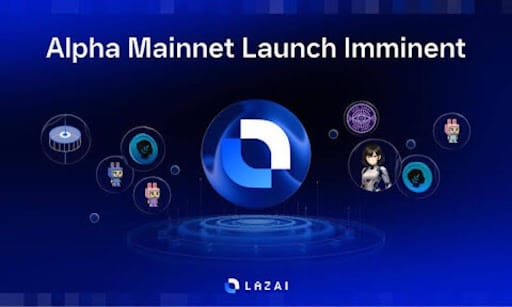8th Reason For National Bitcoin Reserve: Funding Blockchain Research Nurtures a Thriving Tech Ecosystem

Nations that allocate Bitcoin reserves to fund blockchain research and development programs can create lasting benefits for their technological competitiveness. By directing a portion of cryptocurrency holdings toward grants, academic initiatives, and startup support, countries establish themselves as pioneers in an emerging field while building valuable intellectual property and human capital.
Several governments have already launched blockchain research programs through their central banks and financial regulators. The Swiss National Bank partnered with the Bank for International Settlements to explore central bank digital currencies, while Singapore's Monetary Authority provides grants for blockchain projects through its FinTech Innovation Hub.
A national Bitcoin reserve creates opportunities to expand these efforts. Countries can use appreciation in Bitcoin holdings to fund multi-year research grants without impacting existing budgets. This allows universities to establish dedicated blockchain research centers and attract top global talent in cryptography, distributed systems, and financial technology.
"The strategic advantage comes from building deep technical capabilities, not from simply holding Bitcoin. Nations that invest in understanding and advancing this technology will be better positioned to shape its development and harness its benefits for their citizens."
The impact extends beyond pure research into commercial applications. When governments signal long-term commitment to blockchain technology through research funding, it reduces uncertainty for entrepreneurs and investors. This can help create innovation clusters similar to how Silicon Valley emerged around early semiconductor research.
Data from existing blockchain hubs demonstrates the economic benefits. New York's blockchain sector generated over $25 billion in economic activity and supported more than 80,000 jobs in 2023. Singapore saw blockchain-related investments exceed $1 billion after launching supportive policies and research initiatives.
For emerging economies, blockchain research programs offer a path to develop high-value technology sectors. Rather than competing on labor costs, countries can build expertise in areas like digital payments, asset tokenization, and decentralized finance applications. This creates opportunities for skilled workers while generating intellectual property that can be licensed globally.
The research initiatives also benefit the broader Bitcoin ecosystem. Academic work on scalability, privacy, and security makes the network more robust. New protocol improvements and second-layer solutions often emerge from university research before being refined by private companies.
Success requires careful program design focused on fundamental research and real-world applications. Grants should support both technical work on Bitcoin's base protocol and projects exploring economic and regulatory implications. Programs work best when they connect researchers with industry partners who can help commercialize promising innovations.
Countries starting Bitcoin research programs can learn from existing models in biotechnology and artificial intelligence. Key elements include: stable multi-year funding commitments, international research collaboration networks, startup incubation support, and coordination between universities, companies, and regulators.
As more nations add Bitcoin to their reserves, research funding provides a way to generate lasting value beyond price appreciation. By nurturing domestic blockchain expertise, countries position themselves to thrive as digital assets reshape the global financial system.




